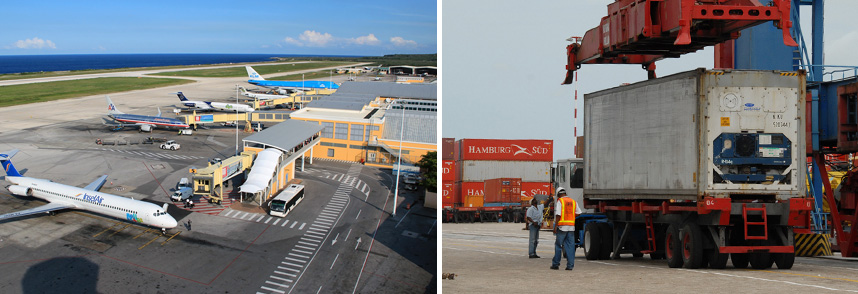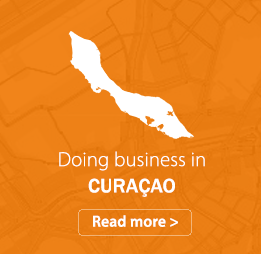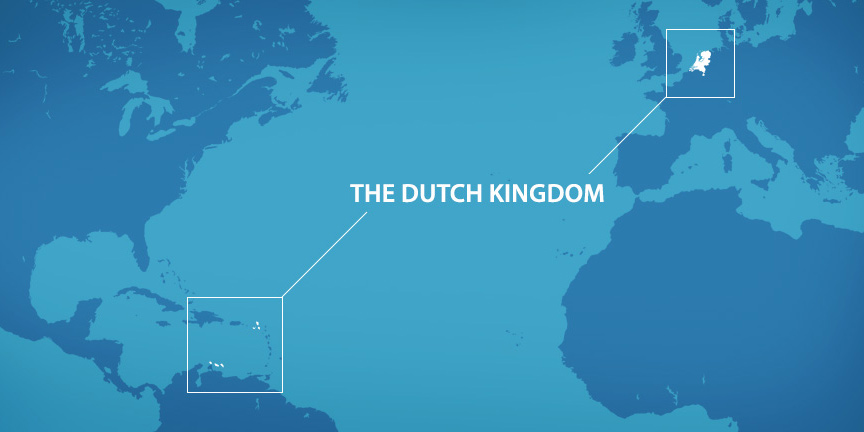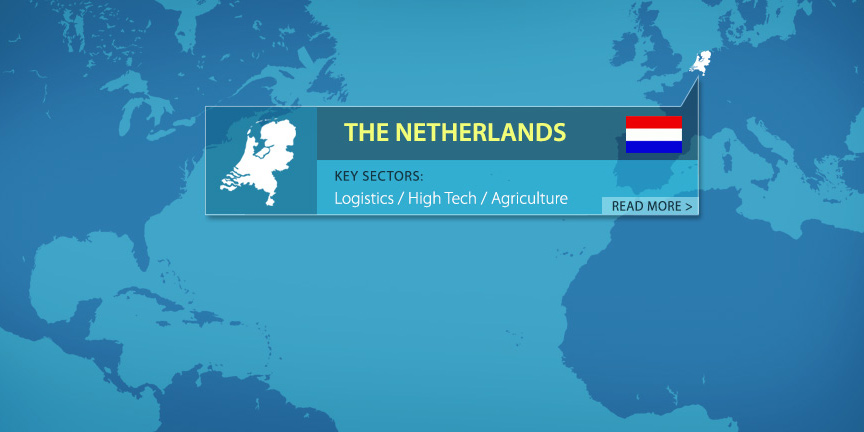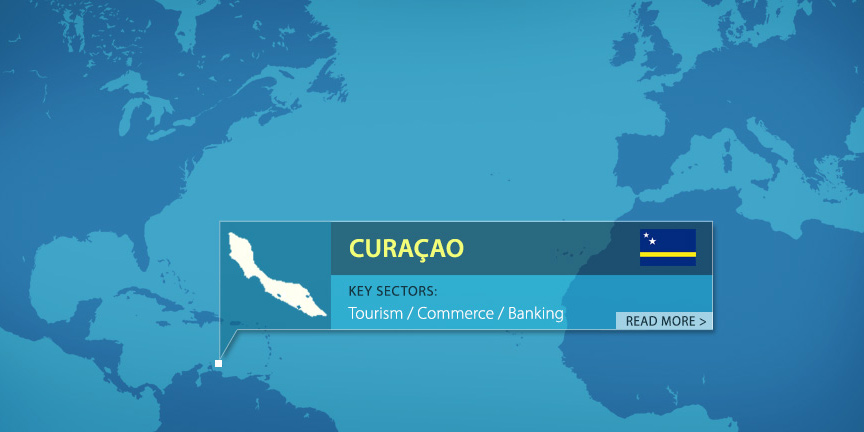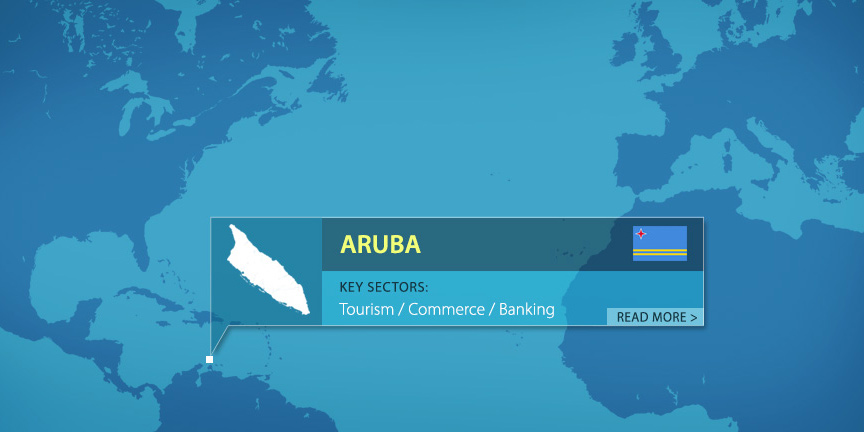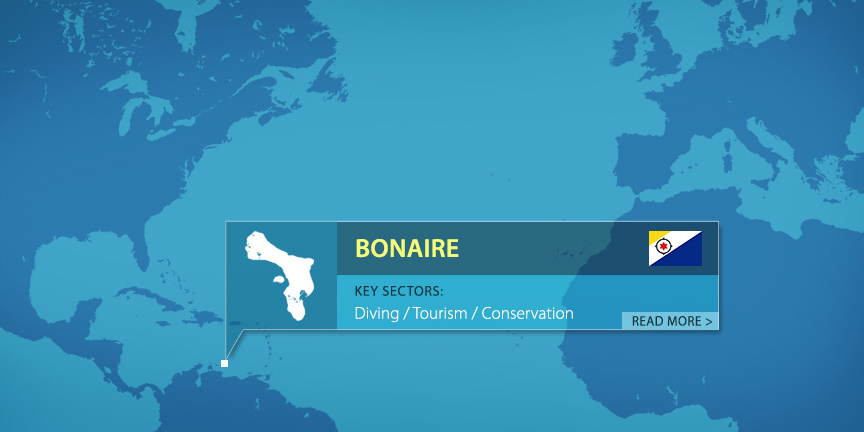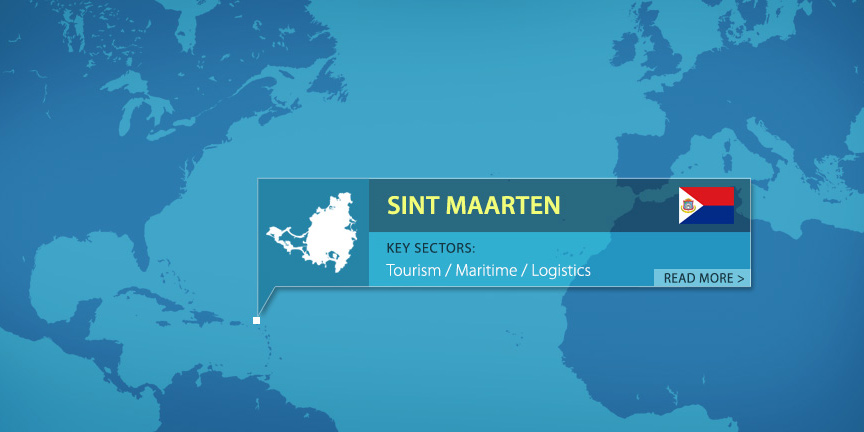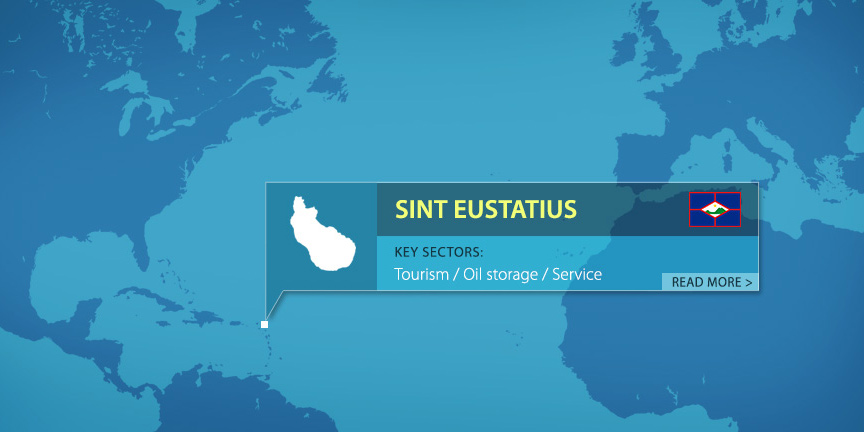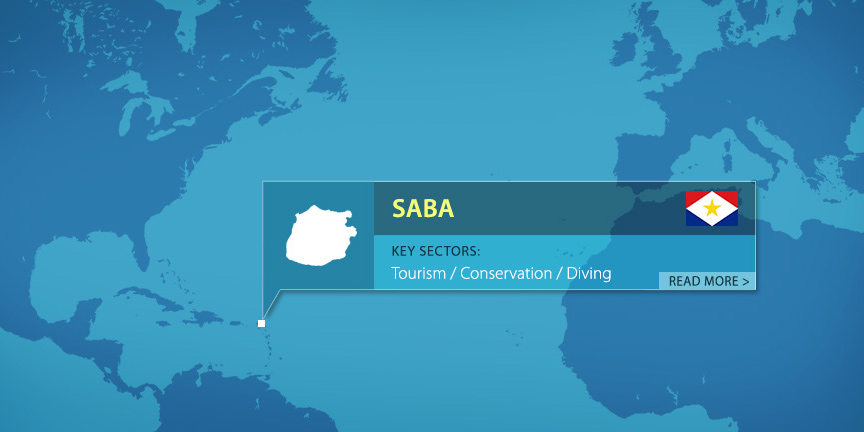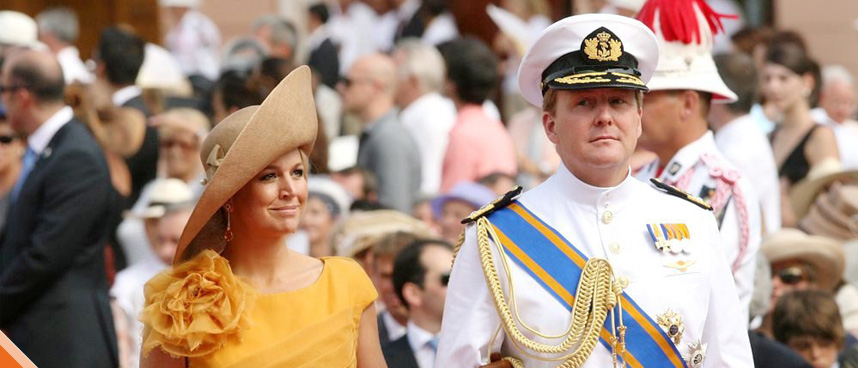
FOUR COUNTRIES IN ONE KINGDOM
When you think of the Kingdom of the Netherlands – where the tulips grow, the windmills turn, people walk on clogs and eat cheese – white sandy beaches and tropical islands are not the first things that come to mind. However, all these things are part of the Kingdom. It not only consists of the Netherlands, a sovereign state and constitutional monarchy in Western Europe, it also consists of the islands Aruba, Curaçao and Sint Maarten in the Caribbean. These islands are separate countries and work together with the Netherlands as partners within the Kingdom.
On the 10th of October 2010, the former Netherlands Antilles was dissolved, making Curaçao and Sint Maarten constituent countries of the Kingdom of the Netherlands – a status Aruba already obtained in 1986. The other three islands of the former Netherlands Antilles, Bonaire, St. Eustatius and Saba are now collectively known as the Caribbean Netherlands. From October 10, 2010 the Dutch government took over their governmental tasks and recognized them by the law as Dutch municipalities, ‘public entities’ of the Netherlands. Other public entities are the Kingdom, municipalities, provinces and water boards.
The Netherlands is a representative parliamentary democracy organized as a unitary state. Its administration consists of the Monarch and the Council of Ministers, which is headed by a Prime Minister. The people are represented by the States General of the Netherlands, which consists of a House of Representatives and a Senate.
The Caribbean Netherlands (namely, Bonaire, St. Eustatius, Saba) resemble ordinary Dutch municipalities in most ways (with a mayor, aldermen, and a municipal council, for example) and are subject to the ordinary Dutch legislative process, although most of the laws of the former Netherlands Antilles are still in force as the result of an agreed “legislative restriction” until 2015. Residents of these three islands are also able to vote in Dutch national and European elections. The Netherlands has the Euro as its currency, however, the Caribbean Netherlands use the US dollar.
Aruba, Curaçao and Sint Maarten are centralized unitary states. Their administrations consist of the Governor, who represents the Monarch, and the Council of Ministers, headed by a Prime Minister. Aruba has the Aruban florin as its currency, Curaçao and Sint Maarten have the Netherlands Antillean guilder. Although Aruba, Curaçao and Sint Maarten are autonomous countries, matters like foreign policy and defense are the affairs of the Kingdom and are administered by the Netherlands.
All six Caribbean islands hold a joint court of justice, however, the supreme court of the Kingdom is located in The Hague and is the highest judicial body for both the Netherlands and the Caribbean islands.
Key Sectors
| Country | Population (January 2012) | Percentage of Kingdom’s population | Area (km2) | Population density (p/km2) |
|---|---|---|---|---|
| Netherlands | 16,748,205 | 98.32% | 41,854 | 396 |
| - Bonaire | 16,541 | 0.10% | 294 | 46 |
| - St. Eustatius | 3,791 | 0.02% | 21 | 137 |
| - Saba | 1,971 | 0.01% | 13 | 134 |
| Aruba | 103,504 | 0.61% | 193 | 555 |
| Curaçao | 145,406 | 0.85% | 444 | 320 |
| Sint Maarten | 37,429 | 0.22% | 34 | 1,101 |
| Kingdom of the Netherlands | 17,034,544 | 100.00% | 42,525 | 397 |
The Caribbean islands of the Dutch Kingdom are divided between leeward and windward islands. Curaçao, Bonaire and Aruba form the Leeward Islands, often referred to as the ABC Islands, located in the southern part of the Caribbean Sea, just off the coast of Venezuela. Sint Maarten, St. Eustatius and Saba are the SSS-islands, also referred to as the Windward Islands, the name refers to the location in relation to the prevailing northeasterly trade winds.
Strategically situated at the crossroads of all the international sea lanes between the continents of Europe, Africa and the Americas, these islands are blessed with white-sand beaches, deep waters and well-protected inland harbors. Hidden beaches, colorful architecture, pristine reefs, and picturesque plantations – these islands have it all. Aruba and Curaçao are perfectly situated between the northern part of South America and Europe, while Sint Maarten is situated next to Puerto Rico and near North America, giving these islands the possibility of functioning as a hub between Europe and America.
As part of the Dutch Kingdom, these islands offer a very friendly environment for international businesses. The privatization laws are favorable, the taxes are low, there are no import duties on technology equipment, and the islands offers unique benefits for expatriate employees. A multicultural populace that speaks English, Spanish and Dutch also makes the islands an ideal location for transnational commerce. As part of the Kingdom of the Netherlands, these islands can offer even more added value essential for international businesses: political stability, a sound legal system and cooperation with the Kingdom’s embassies all over the world.
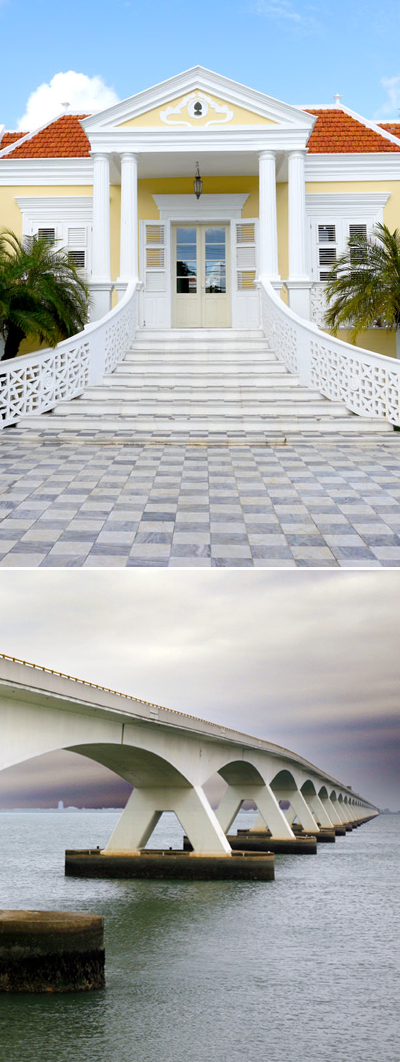
All the way across the Atlantic Ocean, the Netherlands – with its outstanding infrastructure and logistic hub for Europe through the port of Rotterdam (Europe’s largest) and Amsterdam Airport Schiphol – is the ideal gateway to start expanding your business. The Netherlands features one of the most highly educated, flexible and motivated workforces in Europe. Due to its exceptional number of bilateral investment treaties, the Netherlands is a secure place from which to make your investments. With favorable tax treatments for foreign-owned companies, the Netherlands has one of the most extensive tax treaty networks in the world. Also, the Dutch political and financial climate has been very stable for decades. The government of the Netherlands focusses – in cooperation with universities and Dutch knowledge institutes – on world-class research and development and leading the way in innovation and sustainability.


